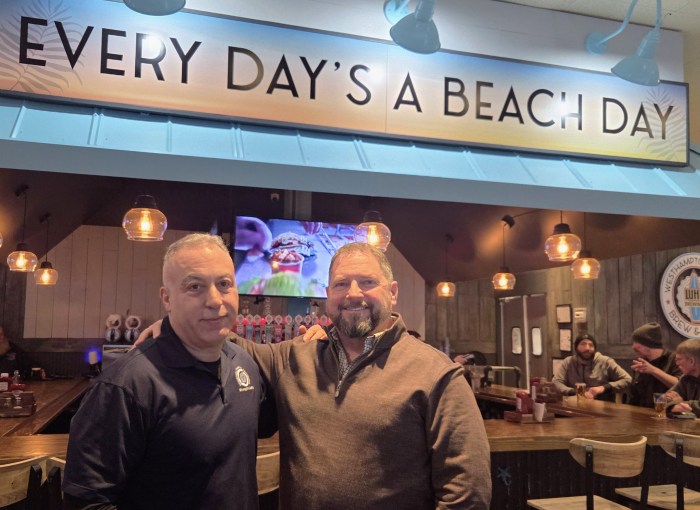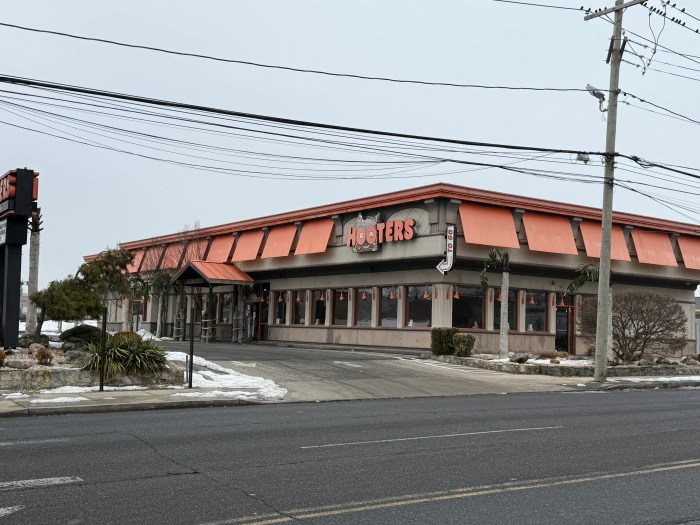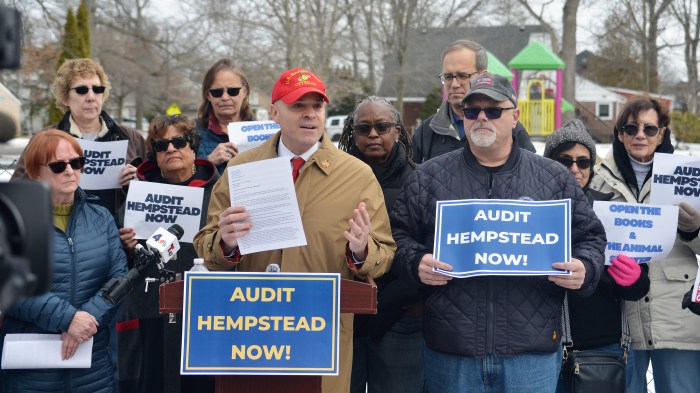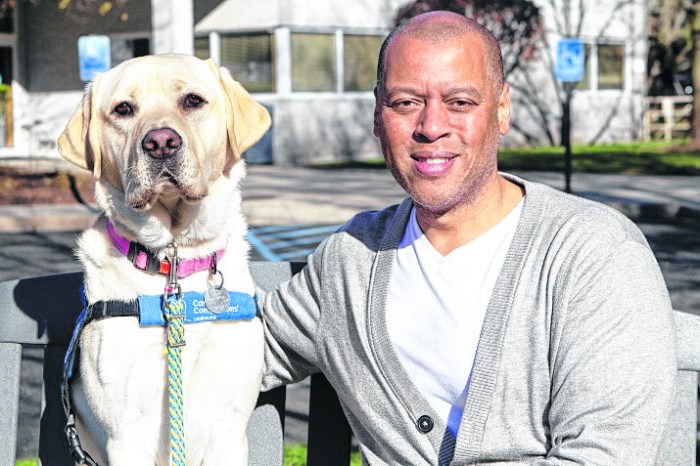
A Great Neck business owner has been indicted by the federal government on charges that his telecommunications firms helped facilitate robocall scams that yielded millions of dollars in payments from people across the country since 2017.
The complaint submitted for the lawsuit in the United States District Court for the Eastern District of New York (EDNY) claims that a number of companies run by Great Neck businessman Jon Kaen (Global Voicecom, Inc; Global Telecommunication Services Inc. and KAT Telecom, Inc and IP Dish, which investigators claim Kaen operates out of his Great Neck home) knowingly provided foreign call centers, mostly in India, with voice-over-internet protocol (VoIP) services that allowed those companies to contact millions of Americans every day using false phone numbers that made it appear as if the calls were coming from local lines or government services.
Those companies then attempted to trick people across the country, in many cases successfully, into paying them to resolve the alleged issues they scared victims into believing they faced.
“Since at least 2017, the defendants [Kaen and his businesses] have knowingly provided U.S.-bound calling services to foreign fraudsters operating robocall scams, acting as a gateway carrier and passing robocalls into the U.S. telephone system by the millions,” the complaint reads. “The defendants are paid for each call they pass into the U.S. telephone system.”
The defendants also received a direct payment from one of the fraud victims on at least one occasion, according to court documents.
“High volumes of short-duration and unanswered calls are indicative of robocalls that are unwanted by the recipient, often because they are fraudulent,” the complaint reads. “The government’s investigation has revealed a sample of more than 7.7 million calls that defendant Global Voicecom routed through a single downstream VoIP carrier over 19 days in May and June 2019. Of those calls, more than 6.6 million were one second or less in duration, indicating exceedingly high levels of junk and fraudulent robocalls.”
Among the phone scams Kaen’s companies helped facilitate, allegedly with their cooperation, were calls claiming the recipient’s social security number was being shut down due to alleged criminal activity, calls impersonating the Department of Homeland Security and calls claiming to be from emergency services. The VoIP the defendant’s companies provided allowed scammers to make it appear as if the numbers they called from were legitimately connected to the bodies they claimed to represent, including thousands of calls that showed up as “911” on victims’ phones.
The federal government is seeking an injunction against Kaen and his companies to prevent them from continuing to act as middlemen for foreign robocall scams. Neither Kaen nor representatives from any of the companies prosecutors claim he is involved with could be reached for comment. Kaen’s attorney was unable to comment on the case prior to publication.






























